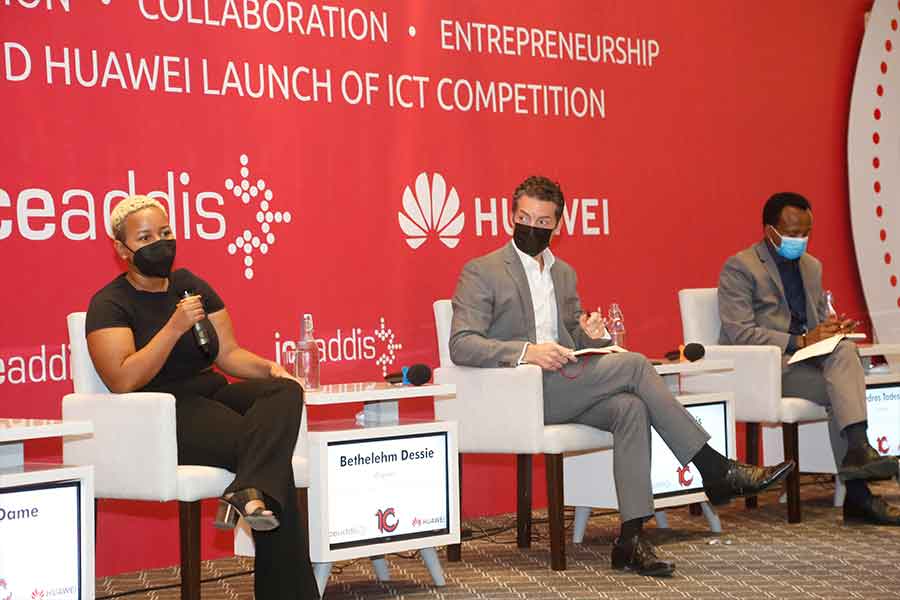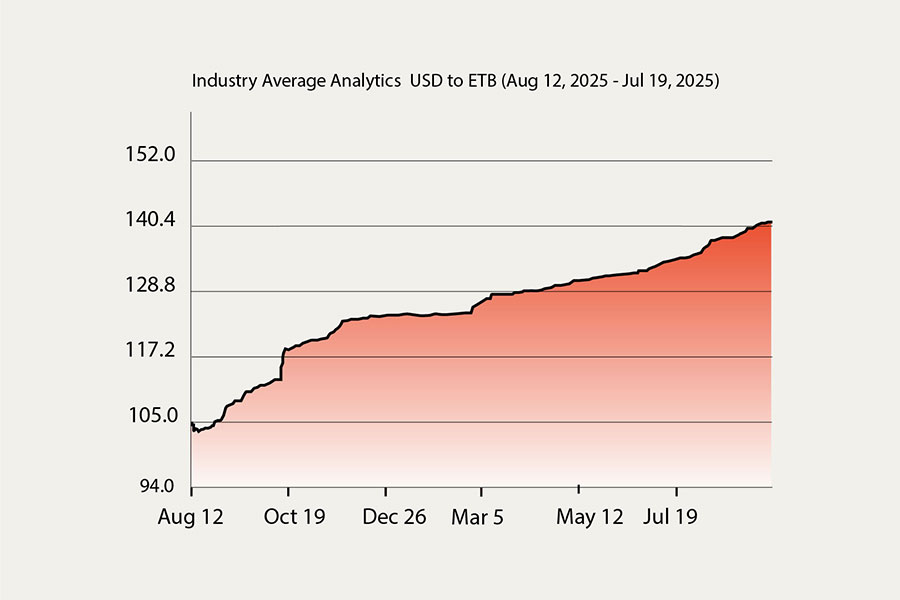
Sunday with Eden | Sep 14,2019
Aha! It is a palindrome referred to by William Safire as a triumphant cry of discovery.
It is “one of the great, unappreciated and deliciously nuanced words in the English language,” he says.
It is also the official scientific name for a genus of Sphecidae wasp. “Aha ha” was also named by a researcher to express his joy in discovering a second species of Aha. It sums up the life of people who are engaged in research, the satisfaction from the endeavour.
There is the story of Sir Isaac Newton’s little dog Diamond that knocked over a candle on his master’s desk and started a fire that destroyed records of many years of research and scientific experiments.
“Oh, Diamond, Diamond, thou little knowest the damage thou hast done!” Newton is said to have exclaimed after seeing the disaster.
The rush for scientific discovery produces as much hatred from other groups as it inspires its supporters.
“Ever since Copernicus, the new religion – science, they call it – has been trying to fool the people with their notion that the earth is a ball. . . . They got most people to accept the hoax, but not us,” said Charles J. Johnson.
He was the president of the International Flat Earth Research Society. Founded in 1888, it has thousands of members accepting its tenets, which stipulate that the Earth is flat, that the Sun and planets revolve around the Earth, and that the theory about the Earth being a sphere is a gigantic hoax.
It was in reminiscence with my own days in college last week that I told these stories to a young graduate. He was an accounting major, and even for that, I had a story of inspiration. I told him about an early store owner who might have revolutionised bookkeeping. He hung up two boots, one on each side of a chimney, at his store and put all the money he received in one of them. He kept receipts for money he paid out in the other, and at the end of the year, he emptied both boots and made an accounting of them. Voila! This is accounting.
Unfortunately, there was not such an environment for us in college. Most of us associated exams with a way of trimming down the size of classes. There was a high demand to memorise multiple practice questions and replicate them during tests. Miss a number here or there, or make an accidental wrong calculation, then we were doomed. Every exam was a make or break moment; the stakes were astronomically high.
In our sophomore year, a surprise came from the instructor of an economic course. Unusual from many of his peers, he used to walk through our lecture hall, having the confidence to be far from his lecture notes. A PhD, he emphasised that he would never consider the exactness of exam answers but the soundness of arguments in presenting them.
Most of us were shaken in our boots with what that unprecedented approach, which was new to us, may pose. We pondered its ramifications. Meanwhile, it promoted a discussion among our ranks to find ways for sound arguments, the pulsating culture spilt over into our handling of other subjects.
The cultures we adopt and promote make or break one's future, instilling the passion for lifelong learning and research with ‘Aha’ through the detective tools one grabs in school to solve the many mysteries of real life, which does not have a definite answer. Beyond what is rewarding for oneself, discovery is what human civilisation thrives on and how society reaches closer to welfare and wellbeing.
PUBLISHED ON
Oct 16,2021 [ VOL
22 , NO
1120]


Sunday with Eden | Sep 14,2019

Agenda | Oct 23,2021

Radar | Dec 19,2021

Fortune News | Jan 30,2021

Sponsored Contents | May 20,2021

Radar | May 29,2021

Fineline | Mar 16,2019

Money Market Watch | Sep 27,2025

Life Matters | Jun 20,2020

View From Arada | Feb 01,2020

Dec 22 , 2024 . By TIZITA SHEWAFERAW
Charged with transforming colossal state-owned enterprises into modern and competitiv...

Aug 18 , 2024 . By AKSAH ITALO
Although predictable Yonas Zerihun's job in the ride-hailing service is not immune to...

Jul 28 , 2024 . By TIZITA SHEWAFERAW
Unhabitual, perhaps too many, Samuel Gebreyohannes, 38, used to occasionally enjoy a couple of beers at breakfast. However, he recently swit...

Jul 13 , 2024 . By AKSAH ITALO
Investors who rely on tractors, trucks, and field vehicles for commuting, transporting commodities, and f...

Nov 1 , 2025
The National Bank of Ethiopia (NBE) issued a statement two weeks ago that appeared to...

Oct 25 , 2025
The regulatory machinery is on overdrive. In only two years, no fewer than 35 new pro...

Oct 18 , 2025
The political establishment, notably the ruling party and its top brass, has become p...

Oct 11 , 2025
Ladislas Farago, a roving Associated Press (AP) correspondent, arrived in Ethiopia in...